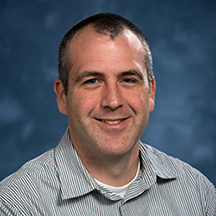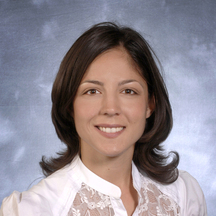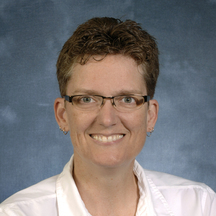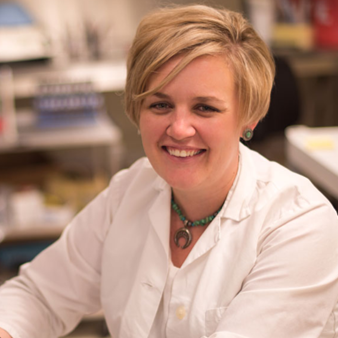Gastrointestinal Biology
Research Focus Area

Worldwide, gastrointestinal diseases and diarrhea have a major impact on human health, animal welfare and food security.
Alongside our global collaborators and the gastroenterology group at the College of Veterinary Medicine, we are studying the gastrointestinal barrier, infectious pathogens and microbiome to protect against gastrointestinal diseases in humans and animals.
Faculty
Ongoing Projects
Mechanisms of intestinal injury and repair in porcine heat stress.
INVESTIGATOR:
COLLABORATORS:
- Nicholas Gabler, Iowa State University | United States
- Jack Odle, NC State University | United States
Modulation of reserve stem cells in regeneration of ischemic-injured intestine.
INVESTIGATOR:
Protecting kittens from infectious diarrhea using a commensal member of their own microbiota.
INVESTIGATOR:
Impact of antimicrobial concentrations in the gastrointestinal tract of cattle on AMR in enteric bacteria.
Development of novel CRISPR-based therapeutics for Clostridioides difficile infections.
Targeted restoration of colonization resistance against Clostridioides difficile in the GI tract.
INVESTIGATOR:
National Animal Health Monitoring System – Goat Fecal Pathogen Testing 2019.
INVESTIGATOR:
Elucidating the mechanisms of fecal microbiota transplants for recurrent Clostridioides difficile infections.
INVESTIGATOR:
COLLABORATORS:
- NCTraCS-CMI, North Carolina | United States
Exploring the therapeutic potential of bile acid manipulation to treat metabolic disorders.
INVESTIGATOR:
COLLABORATORS:
NC State University, North Carolina | United States
- Rodolphe Barrangou, Department of Food, Bioprocessing and Nutrition Sciences
- Sarah O’Flaherty, Department of Food, Bioprocessing and Nutrition Sciences
Examining antimicrobial resistance in gastrointestinal bacteria isolated from animal populations.
INVESTIGATOR:
COLLABORATORS:
NC State University, North Carolina | United States
- Megan Jacob, Department of Population Health and Pathobiology









